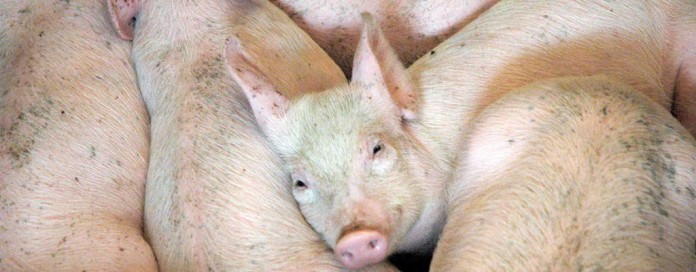DES MOINES, Iowa — The National Pork Board, with support from the U.S. Department of Agriculture, is creating a Secure Pork Supply plan to help America’s pig farmers respond quickly and successfully to a major threat, such as a foreign animal disease (FAD).
The plan will enhance communication and coordination of all pork chain segments to help producers keep their farms operating and all related business activities functioning.
“We’re thankful that our country has not experienced a disease such as foot-and-mouth (FMD) since 1929,” said Terry O’Neel, National Pork Board president from Friend, Nebraska.
Protection
The Secure Pork Supply plan will ensure farms can get back to production faster if a case of FMD, African swine fever or another foreign animal disease entered America.
An Iowa State University study estimates potential revenue losses to U.S. pork and beef industries from an FMD outbreak would run $12.8 billion per year or $128 billion over a 10-year period.
Related losses to corn and soybean markets over a decade would be $44 billion and $24.9 billion, respectively.
The plan
The Secure Pork Supply plan will provide procedures that pork producers, processors and federal/state agencies agree are feasible should a FAD strike, according to veterinarian Patrick Webb, director of swine health programs for the Pork Checkoff.
This would include the safe movement of animals from farms in a FAD control area to harvest channels or to other production sites as long as the pigs have no evidence of disease.
Basics of the plan that will help producer achieve this include using sound biosecurity, using premises identification tags, keeping detailed production records and maintaining all necessary health papers and certificates.
Collaboration
The Secure Pork Supply plan is the result of ongoing collaboration between the USDA, the National Pork Board, the National Pork Producers Council, the American Association of Swine Veterinarians and academia as well as other state and federal partners.










